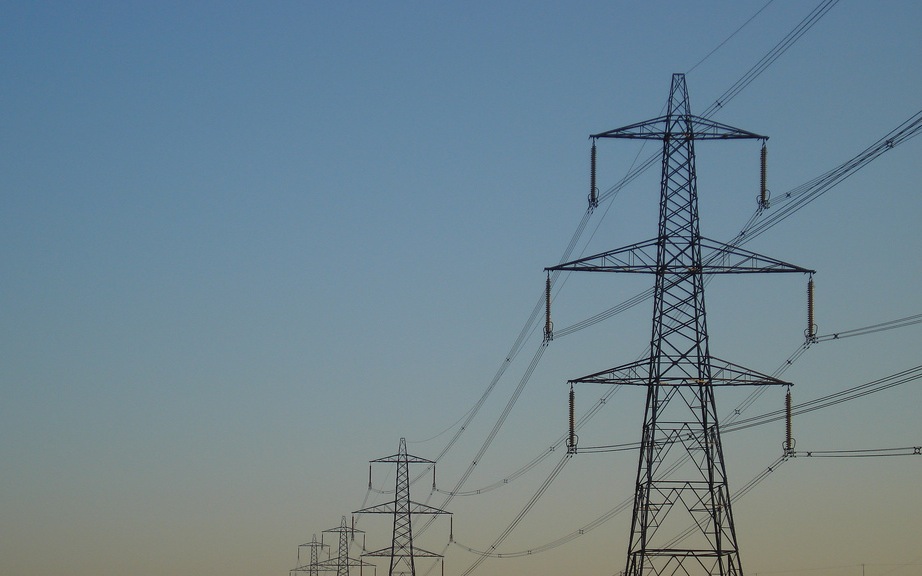Like this article? Chip in to keep stories likes these coming.
Nova Scotia’s McNeil government is chewing on a couple of energy-related tax changes recommended by this fall’s Broten report on taxation: a carbon tax, and removing the HST rebate on home energy. Plus, it’s reviewing the subsidies for renewables.
Before suggesting anything, let’s review the big picture of which we are a little part. Recently, another big scientific report — the type from which we avert our gaze, so you probably didn’t hear about it — stated that we have now crossed four of nine crucial breaking points or “planetary boundaries” in the natural world: the extinction rate of species, deforestation, carbon dioxide in the atmosphere and the flow of fertilizers into the ocean.
Then last year was declared the hottest ever globally — a fact obscured in Canada by the vagaries of the polar vortex — and before that, new measurements showed the oceans rising faster than forecast, along with the Antarctic ice cap melting at an alarming rate. The need to change our ways gets ever more urgent.
Meanwhile, on the other side of the ledger, a poll showed that 70 per cent of newly elected Republicans in the U.S. Congress are climate-change deniers.
The most wacky of them, Senator James Inhofe of Oklahoma, has been made head of the powerful Senate Environment Committee, with the stated aim of trashing environmental science (a “Soviet-style hoax”) and regulation — the Environmental Protection Agency, he has suggested, being like the Gestapo. This will join him up nicely with Stephen Harper’s Canada and Tony Abbott’s Australia.
Amazingly, despite all this, certain positive things are happening. The very economics of energy are changing. Fossil fuels are losing it, even in the financial markets, while alternatives and efficiencies are spiking up. And the issues they engage are the very ones the McNeil government is mulling, like most other governments.
For one thing, there’s pretty well a consensus now, in which even conservative economists have joined, that the proper way to deal with pollution is carbon taxes.
In a special report, The Economist magazine (small-c conservative), which has a worldwide reach, recommends that with oil prices low, the time to pounce with carbon taxes is now, suggesting that “as fuel prices fall, a carbon tax is becoming less politically daunting.”
It also picks up on the issue of energy subsidies, which mostly waste a half-trillion dollars worldwide, including $20 billion a year in Canada, and some millions in Nova Scotia in the form of electricity rebates and subsidies mostly to windmills and biomass. Here, as elsewhere, wind is at its limits and biomass is a train wreck. The government would be right to wind them up.
Further, declares the magazine, despite all the obstacles and boondoggles (including wasteful detours into ethanol and biomass), “renewables are on the march” and “pretty much all the technology the world needs for a clean, green future is already available.” The key is dropping prices and technological advances for solar energy as well as for batteries and fuel cells for power storage, advances in efficiencies in transmission and in Internet-enabled demand management (mostly rate rebates for dropping power at peak times — saving billions in installed capacity).
Further, the financial markets are pouring big money into these new technologies as a better bet than the old stuff. A megawatt of storage saves roughly 10 in installed generating power — an “irresistible saving,” says The Economist. The old stuff — centralized power utilities — will gradually transform into something else or become fossils. Governments will do well to encourage rather than resist the change.
In view of all that, the Nova Scotia power rebate should be done away with for the simple reason that at least 80 per cent of it subsidizes those who can pay, including the very well off. It should be dropped on condition a support system can be devised for those who can’t pay — involving Community Services or any group, such as the Salvation Army or local and church social committees, that people are apt to approach for help. Efficiency Nova Scotia should be involved, following up with fixes aimed at the low-income.
As for carbon taxes — a modest one at first for a dry run that, for political reasons, should be mostly revenue-neutral. That is, the money should be used to drop taxes on something else, as was the case in B.C., where the tax has been a success and has been held out as a model throughout the Western world. Its implementation was followed by economic growth, baffling the “jobs-killing carbon tax” mantra of the right wing.
Then, of course, government will have to be prepared for the political howling. But we howl about everything anyway, and it will pass. The need is to get with it. If doing our bit for saving the Earth from our excesses is not convincing, the fact is that the economics increasingly demand it as well.
Ralph Surette is a freelance journalist in Yarmouth County. This article was first published in the Chronicle Herald.
Photo: net_efekt/flickr
Like this article? Chip in to keep stories likes these coming.




